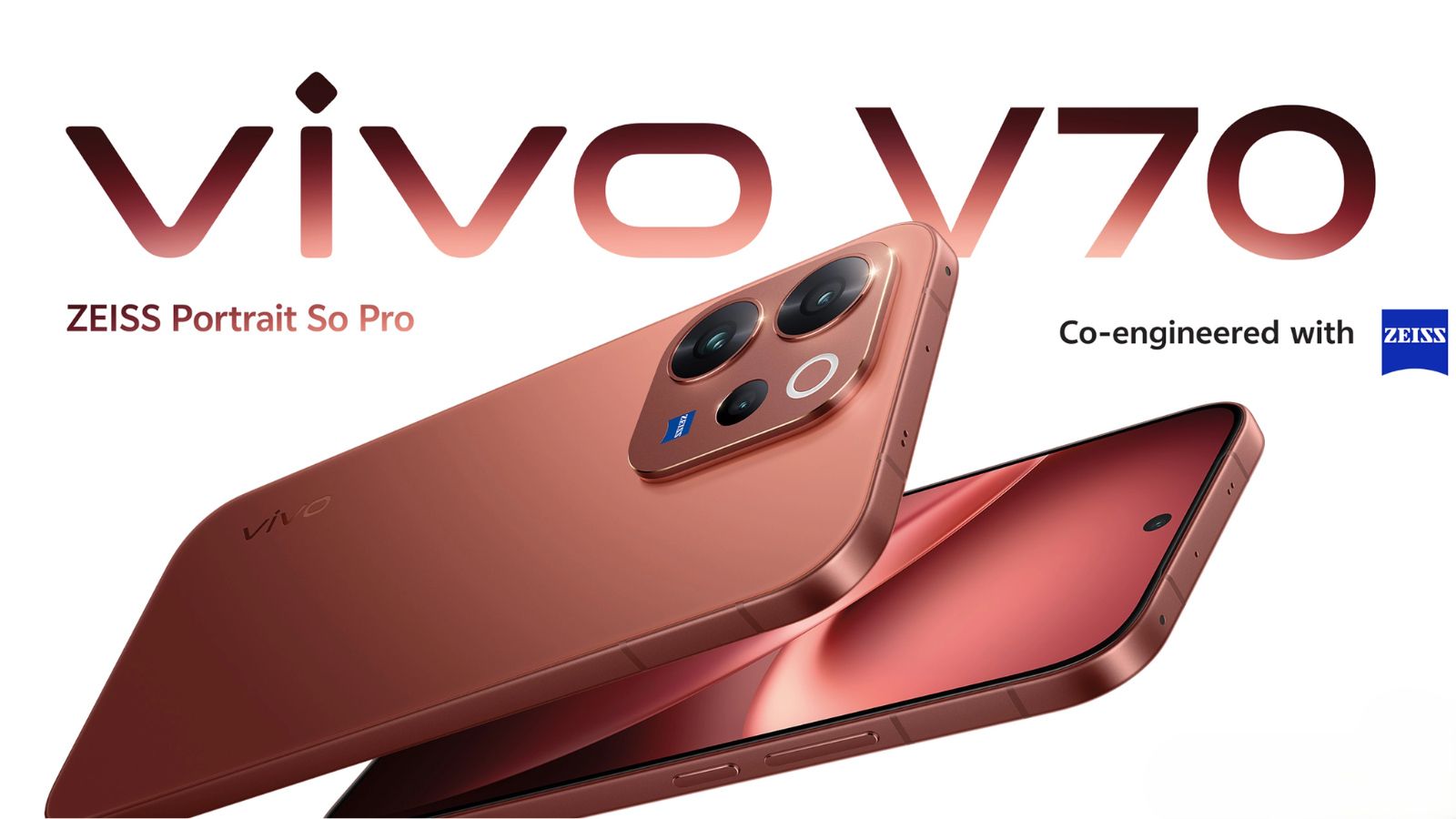Xiaomi today unveiled the latest iteration of its mobile OS, HyperOS 3, at a dedicated event in China. It unwrapped all the new features and upgrades coming to HyperOS, including new iconography, dynamic island and new AI features.
Xiaomi is the first to join the ranks of Samsung's One UI 8 with its Android 16-based skin. The highlight of HyperOS 3 is the new Xiaomi Super Island, an elevated take on the iPhone's Dynamic Island. It brings multitasking capabilities to your phone, letting you keep up to three different app tasks running within the island.
Xiaomi claims that these will be able to "coexist without interfering with each other." With a simple pull-down gesture, users will be able to toggle between the three apps, terminate existing tasks and add new ones as per their convenience. Xiaomi says that already 70+ apps are Xiaomi Super Island compatible.
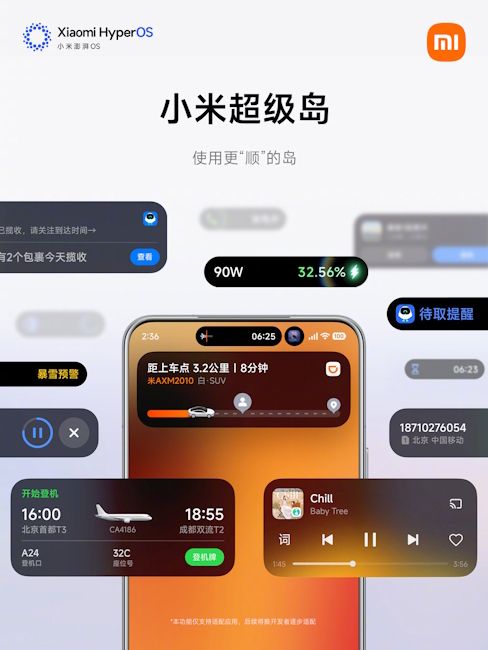
The next big change has landed in the form of lockscreen customisation options. HyperOS 3.0 version will now let users set AI-generated dynamic wallpapers. These wallpapers will have micro movements and interactions, giving them a Cinematic Depth effect. Xiaomi says that users can either create their own AI lockscreen wallpapers or choose from the Xiaomi community collection.
Additionally, there are now new centre-aligned lockscreen clocks which can be set with multiple font options and will dynamically adjust to the lockscreen wallpaper colours. These can be further customised with a new lockscreen and wallpaper editing suite, accessible simply by long-pressing on the lockscreen.
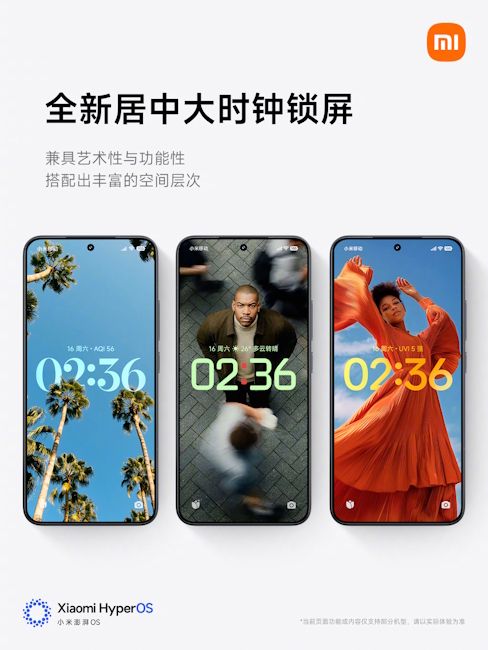
Image Credit: Weibo/ @Xiaomi HyperOS

Image Credit: Weibo/ @Xiaomi HyperOS
Apart from these, HyperOS 3 is also bringing a much more user-friendly interface to the Xiaomi Gallery app's photo album, which now supports custom sorting.
Additionally, the in-built gallery search is also improved with targeted optimisation for up to 10 commonly searched components like pets, people cards and more. With HyperOS 3, users can now share their favourite photos, videos, albums and more across devices. This also includes iPhones, thanks to improved ecosystem integration and cross-platform support.
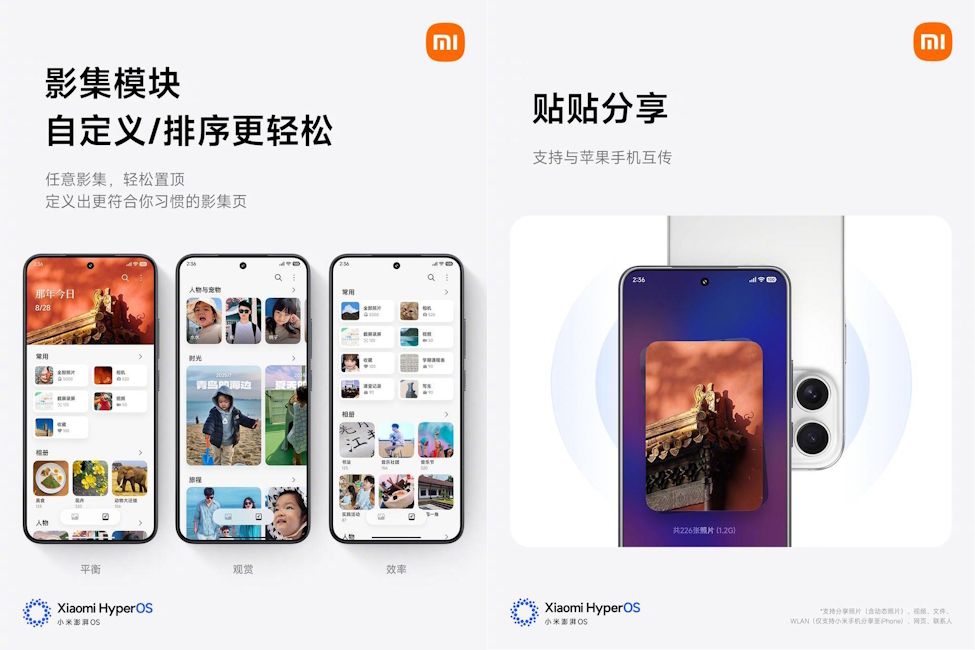
Speaking of cross-device connectivity, the new HyperOS version is now capable of mirroring Xiaomi smartphones to Apple devices like iPads and MacBooks. It comes with support for Face ID authentication, multi-window operation and seamless notification and photo flow.
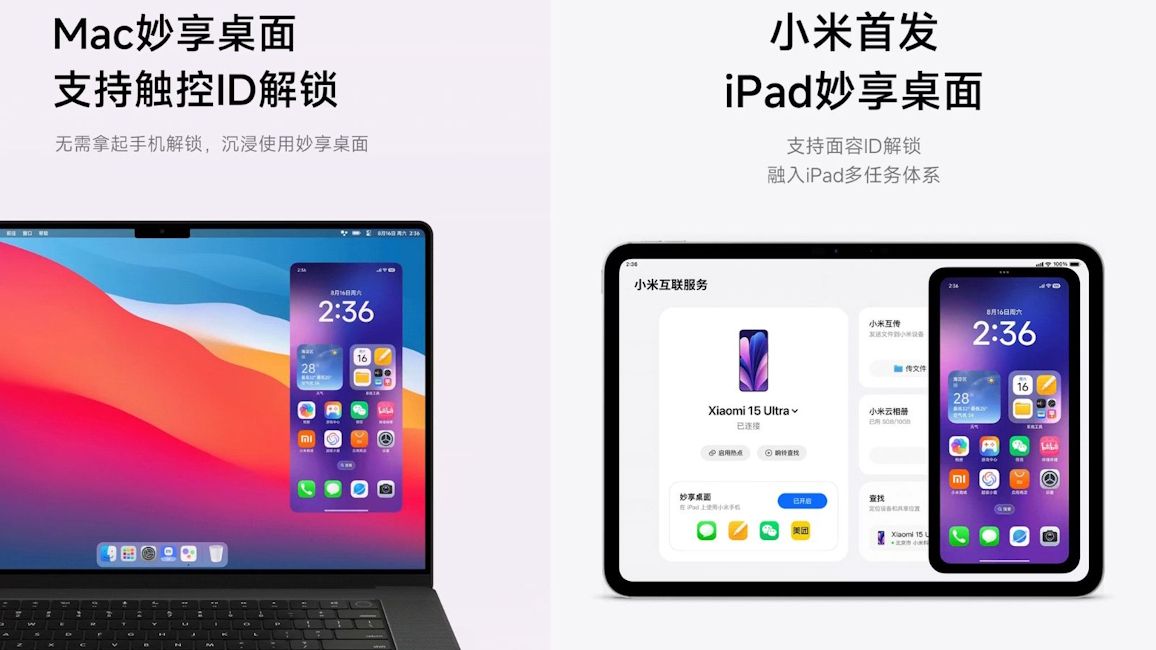
With the HyperOS 3 update, Xiaomi's XiaoAI is also getting smarter and quicker. Users in China can now perform operations similar to Google's Circle to Search implementation. The AI's wake-up screen is now faster as well, with support for scene recognition and activity suggestion.
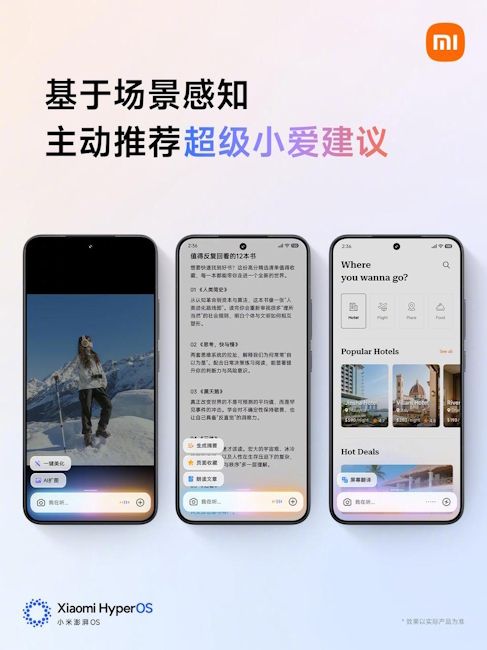
Apart from granular changes, HyperOS 3 is also bringing enhanced privacy and security updates. Supported devices will be able to enable dual login authentication, enjoy multi-device login with advanced data protection and experience end-to-end encryption. Additionally, HyperOS 3 supported devices will gain Google's Find My Device offline network.
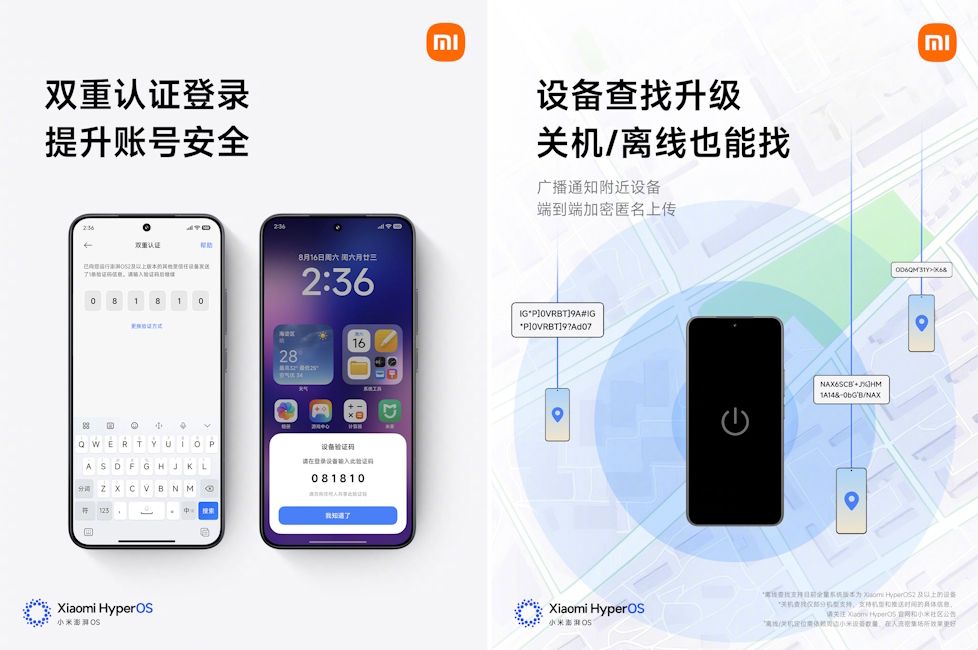
Lastly, in terms of aesthetics, HyperOS 3.0 version is bringing new app icons, updated status bar icons, a revamped quick settings menu and more. Xiaomi claims that with the HyperOS 3.0 version, app opening latency has been reduced by 20% with smoother system animations for better "visual sensory continuity".

That said, the HyperOS 3 beta will start rolling out on August 29, 2025. It will first land on the Xiaomi 15 series and the Pad 7 lineup. Other devices like the Xiaomi Mix Flip 2, Xiaomi 14 and more will start receiving the update from September 1, 2025.
Interested folks can check out the full list of eligible HyperOS 3.0 version devices from the Xiaomi HyperOS landing page.


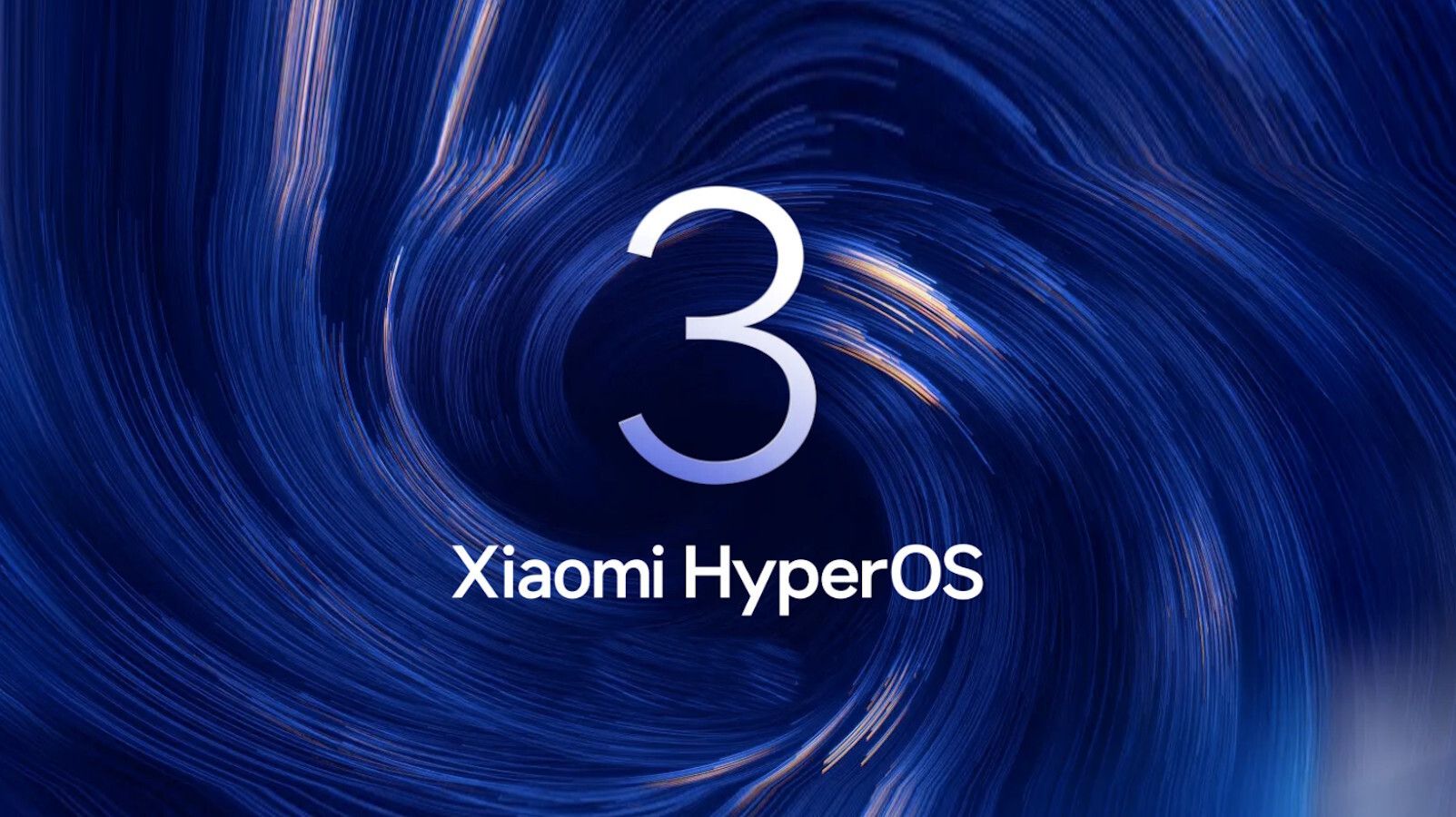
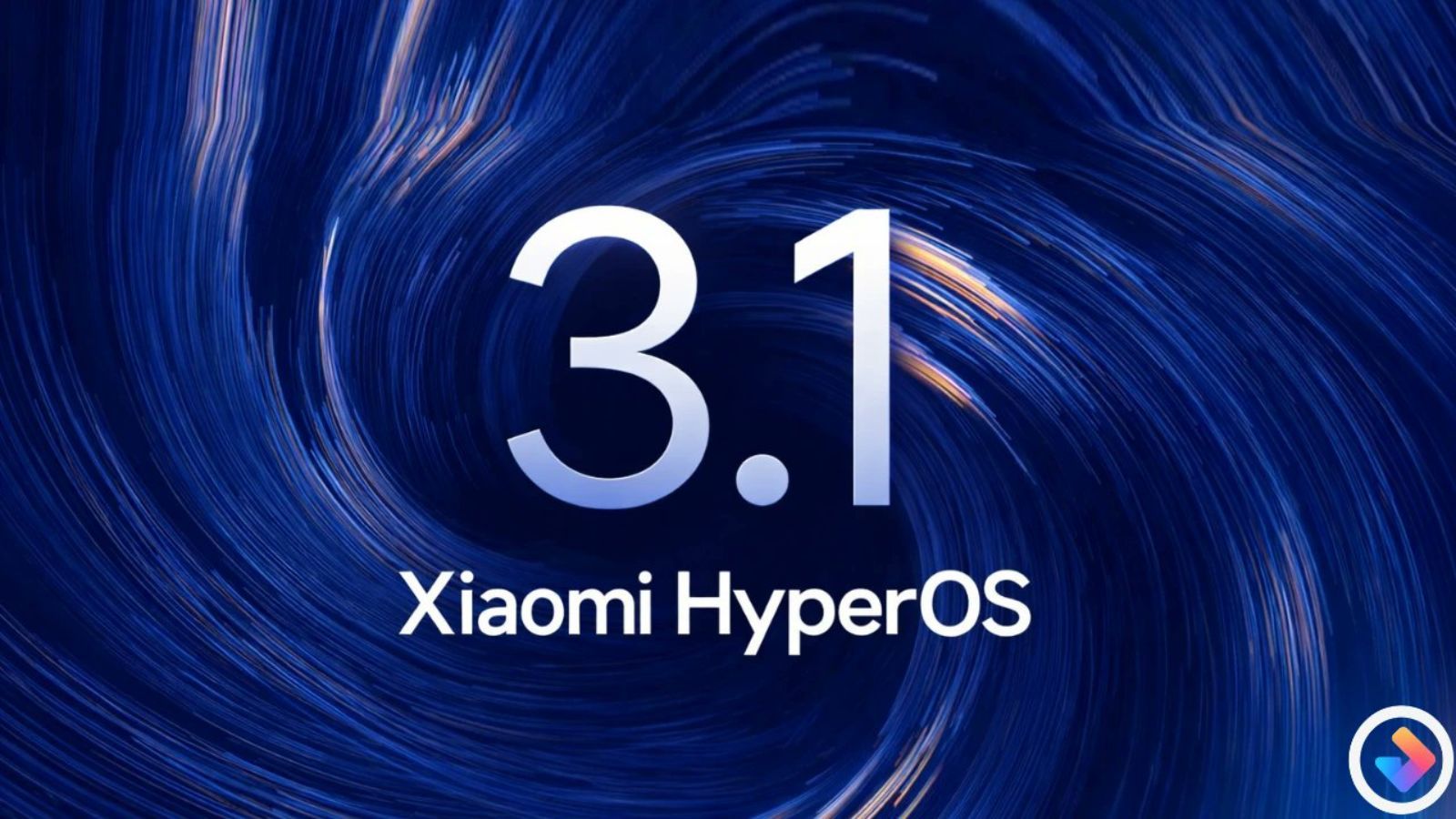
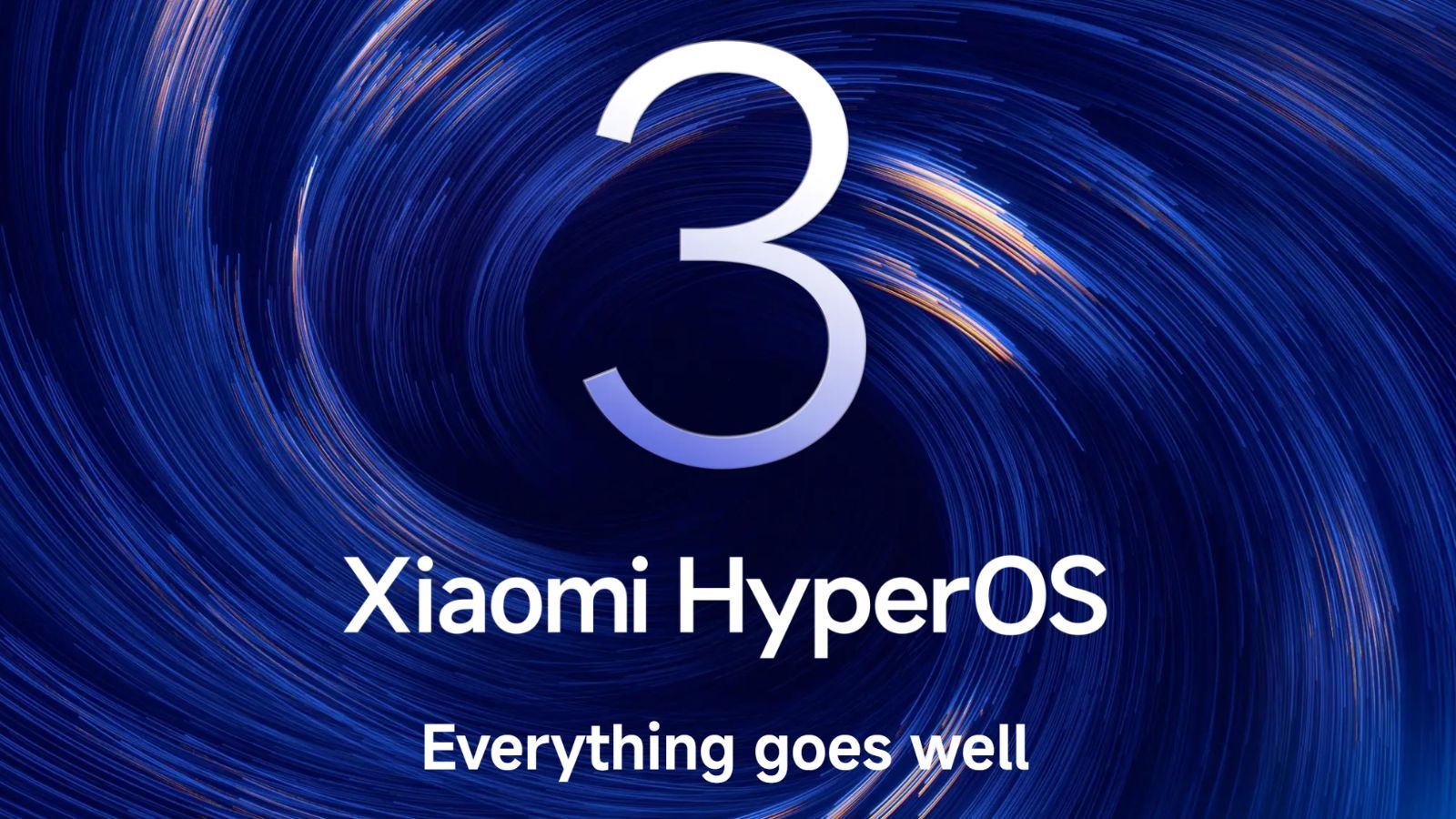
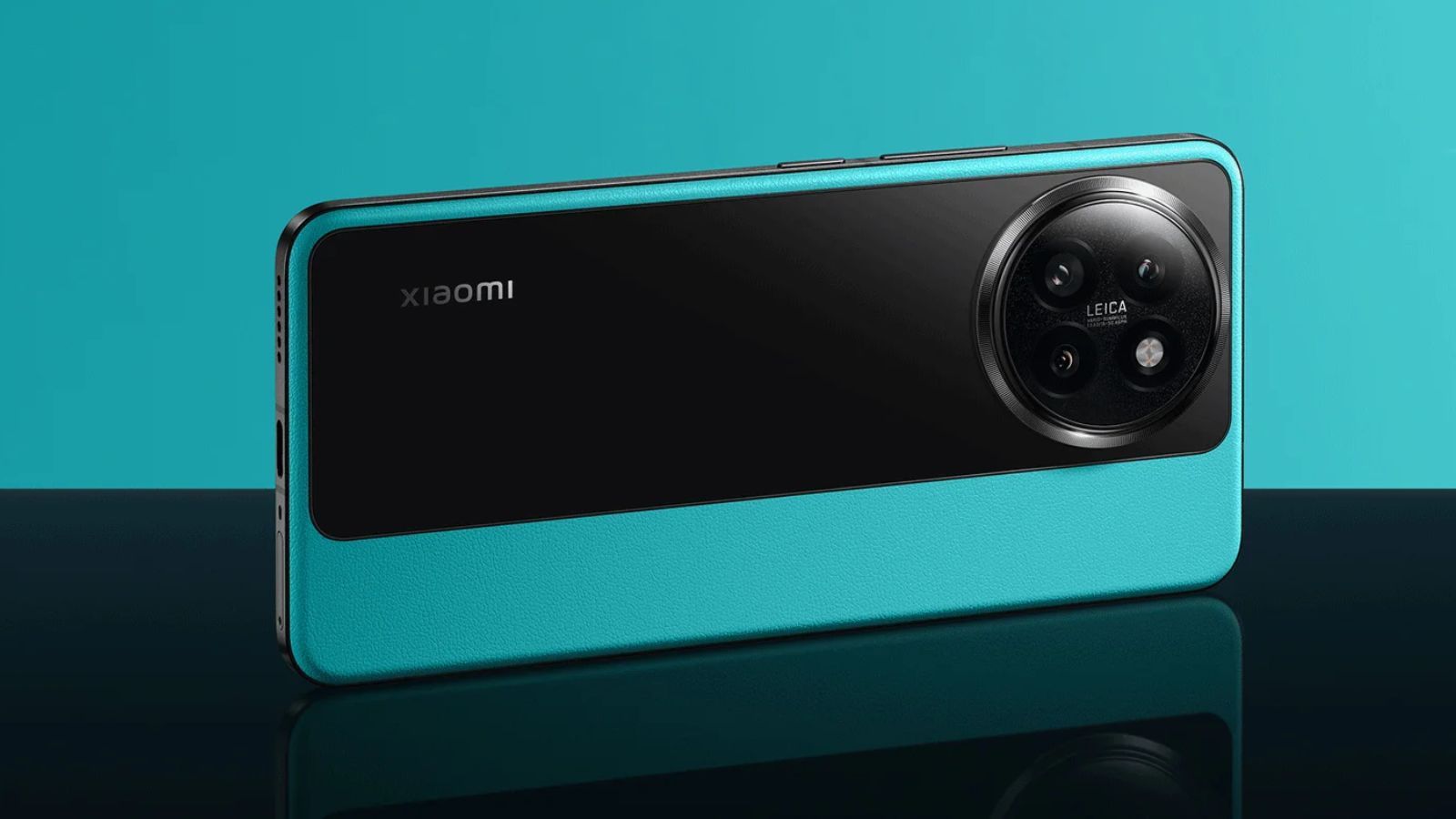

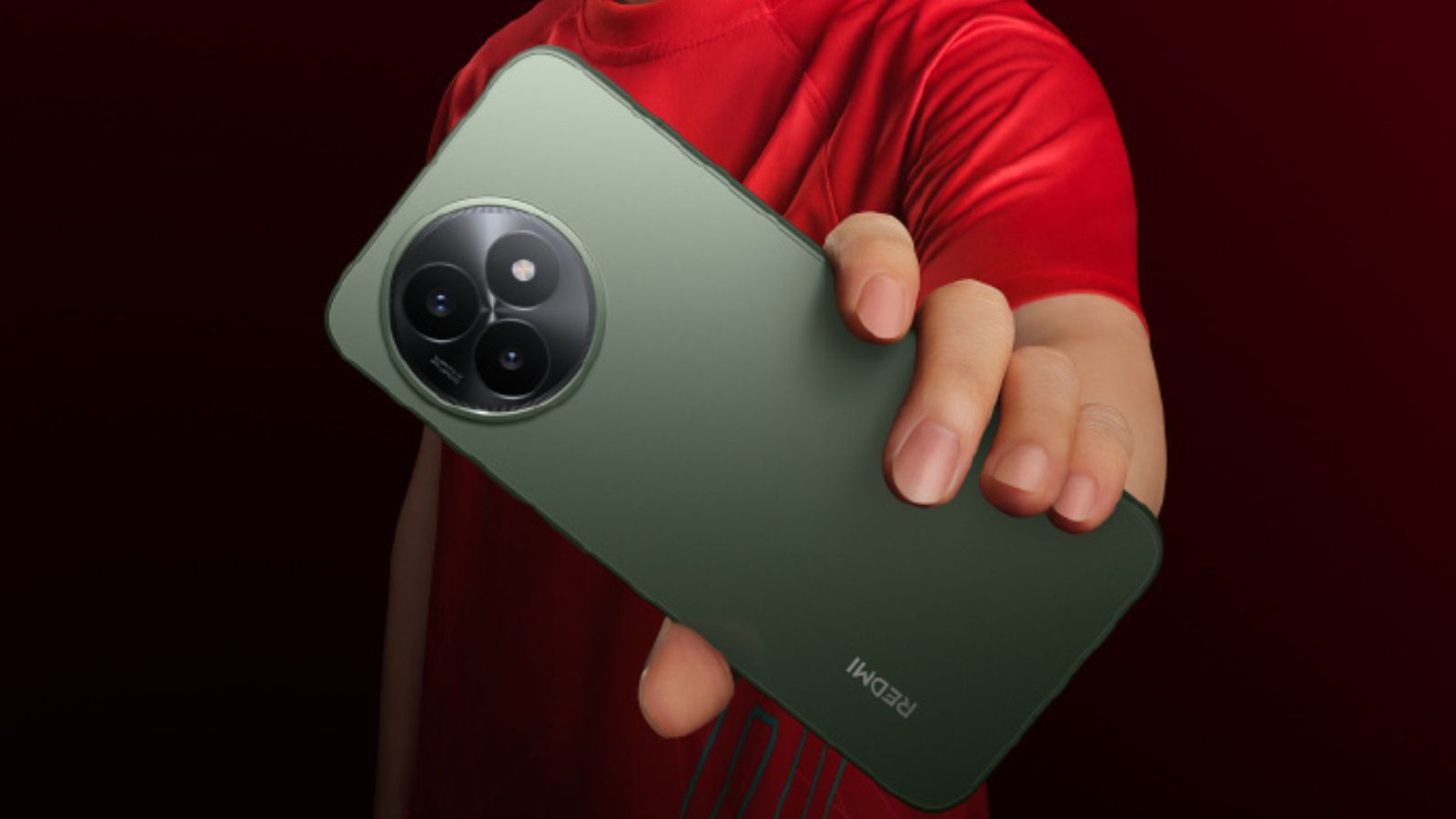


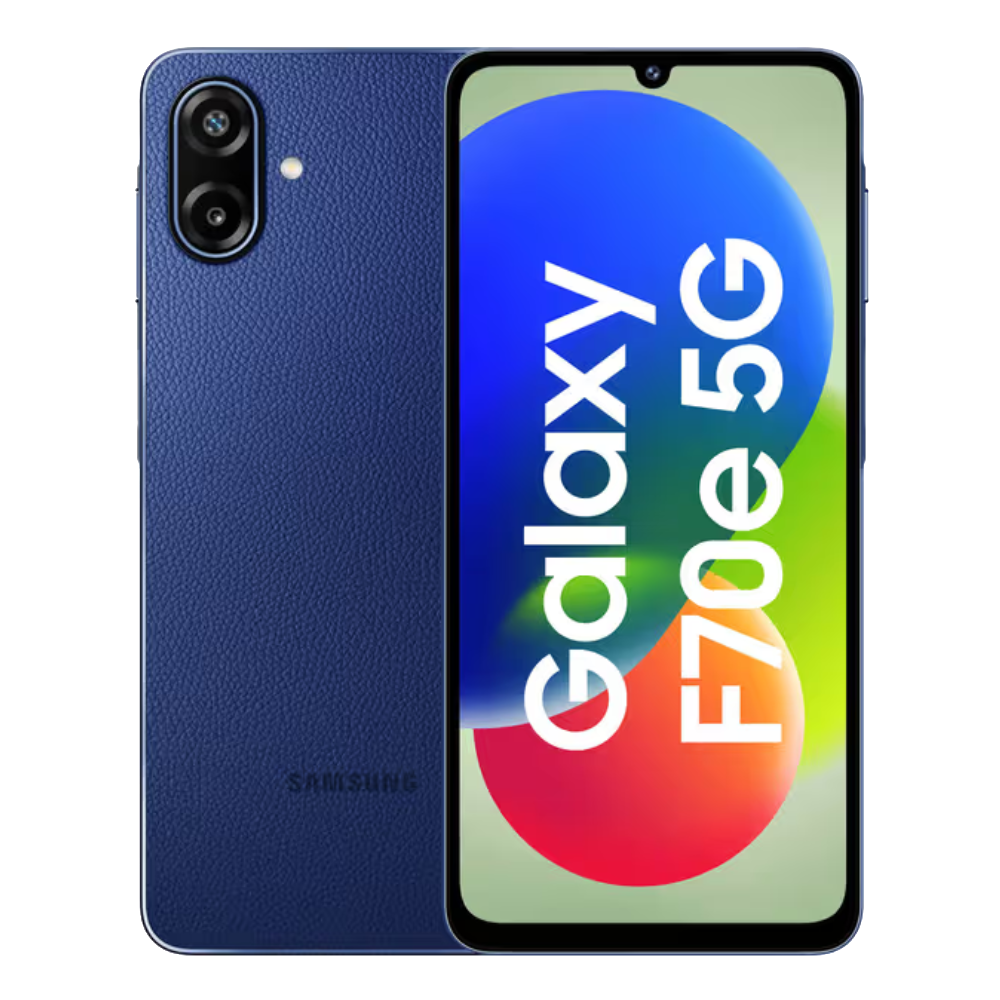
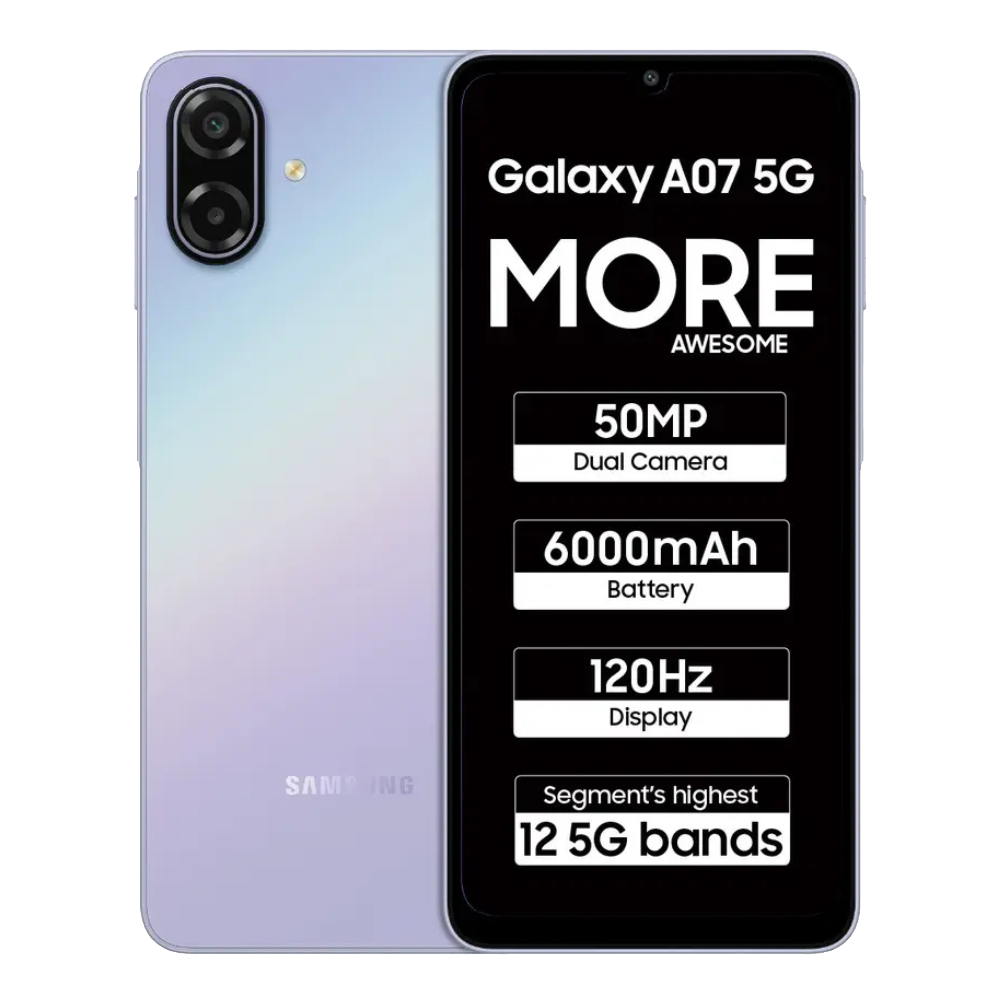
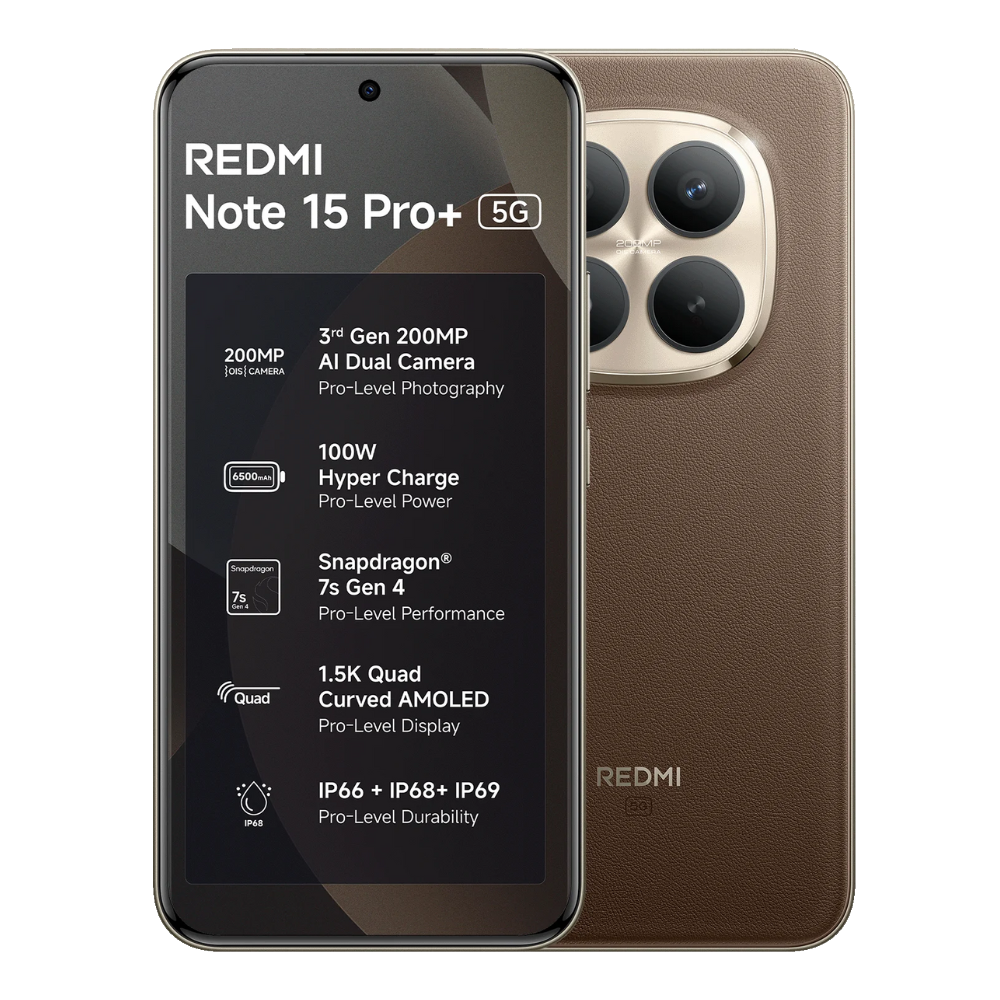
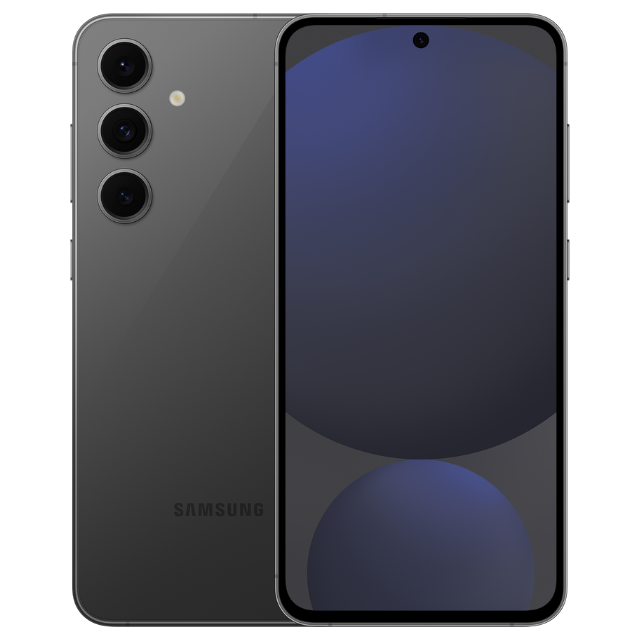





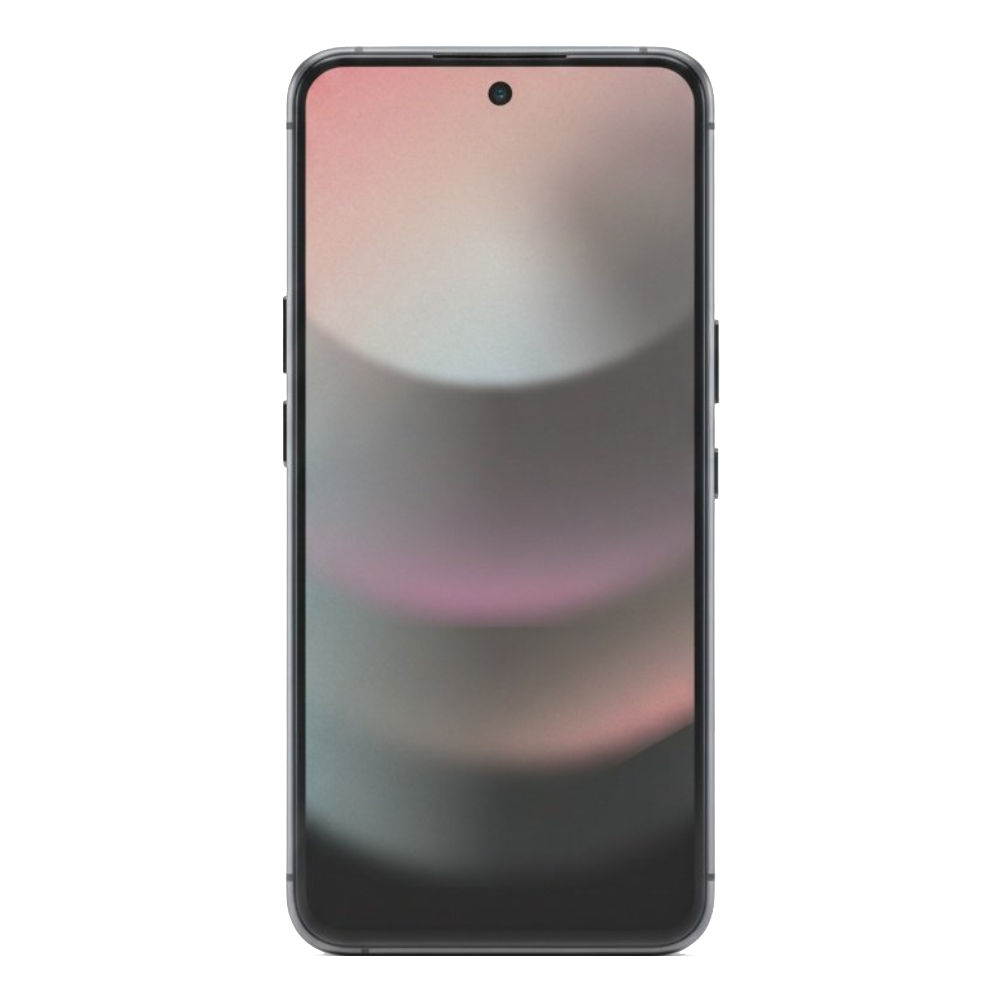

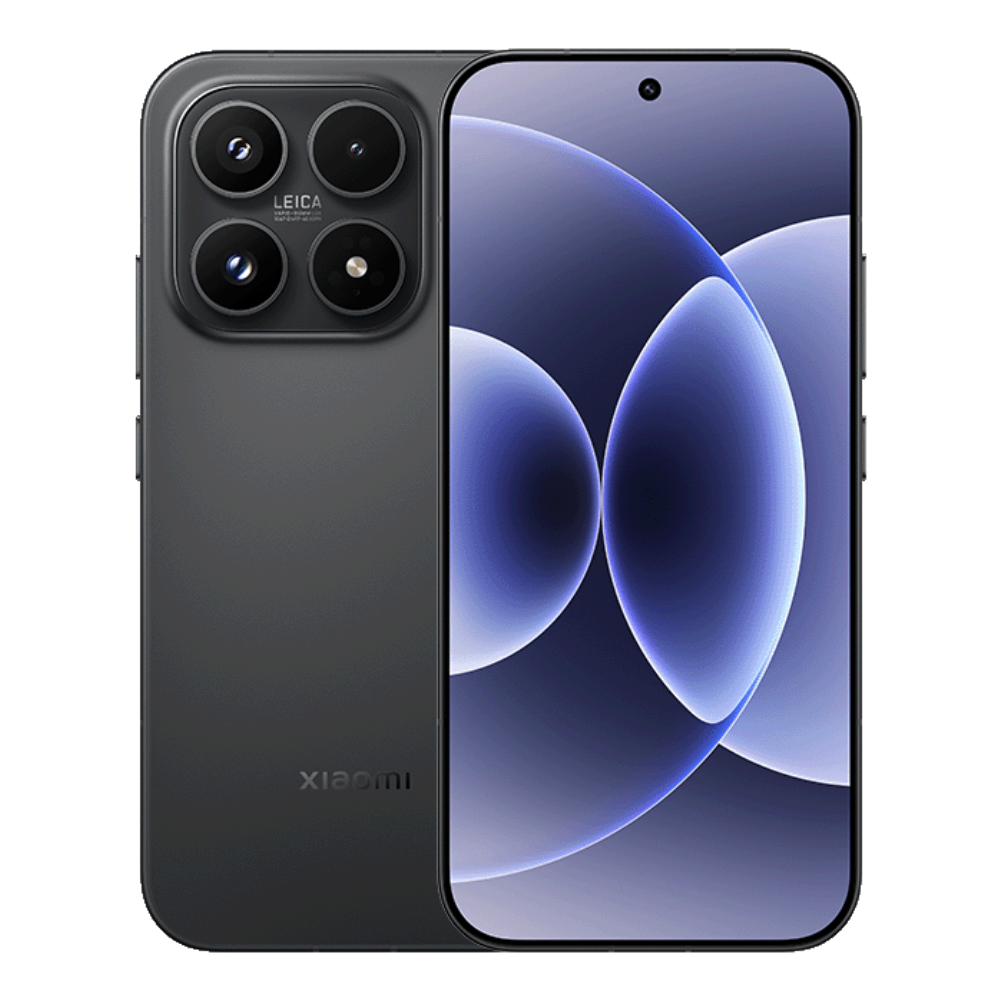
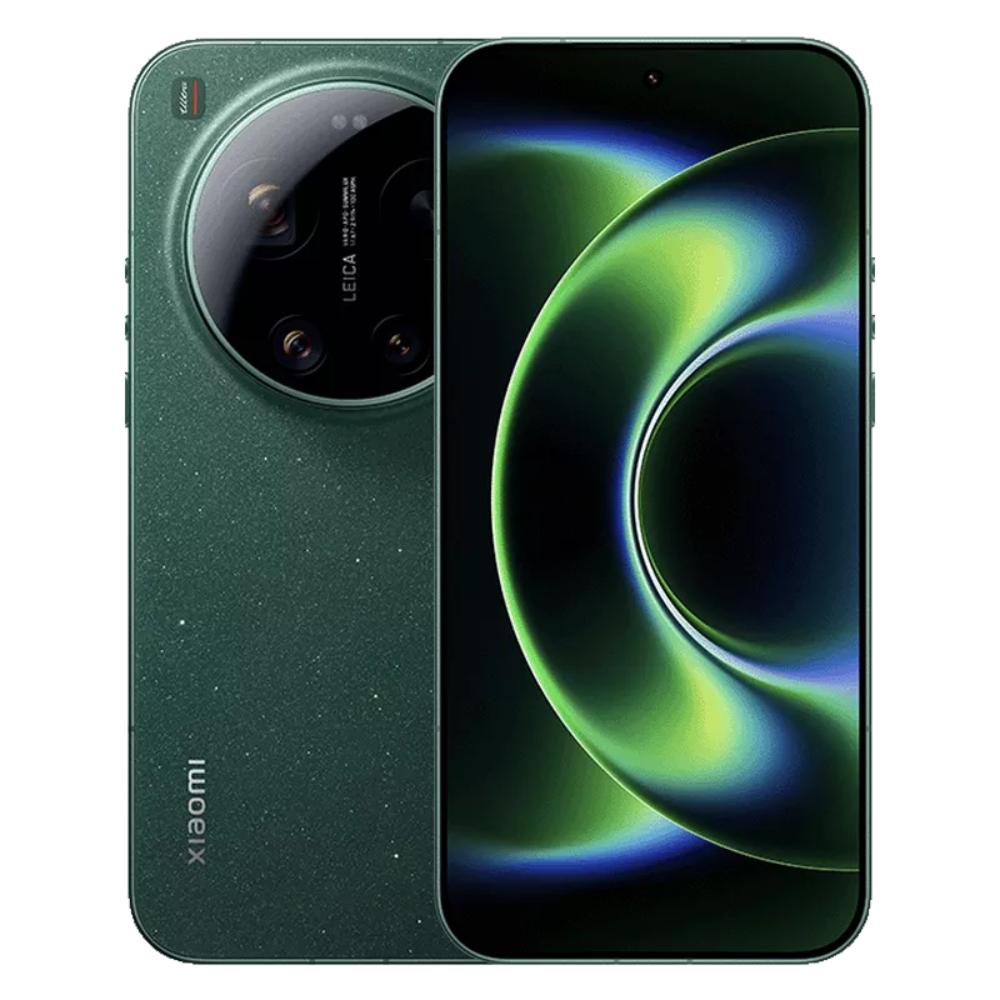

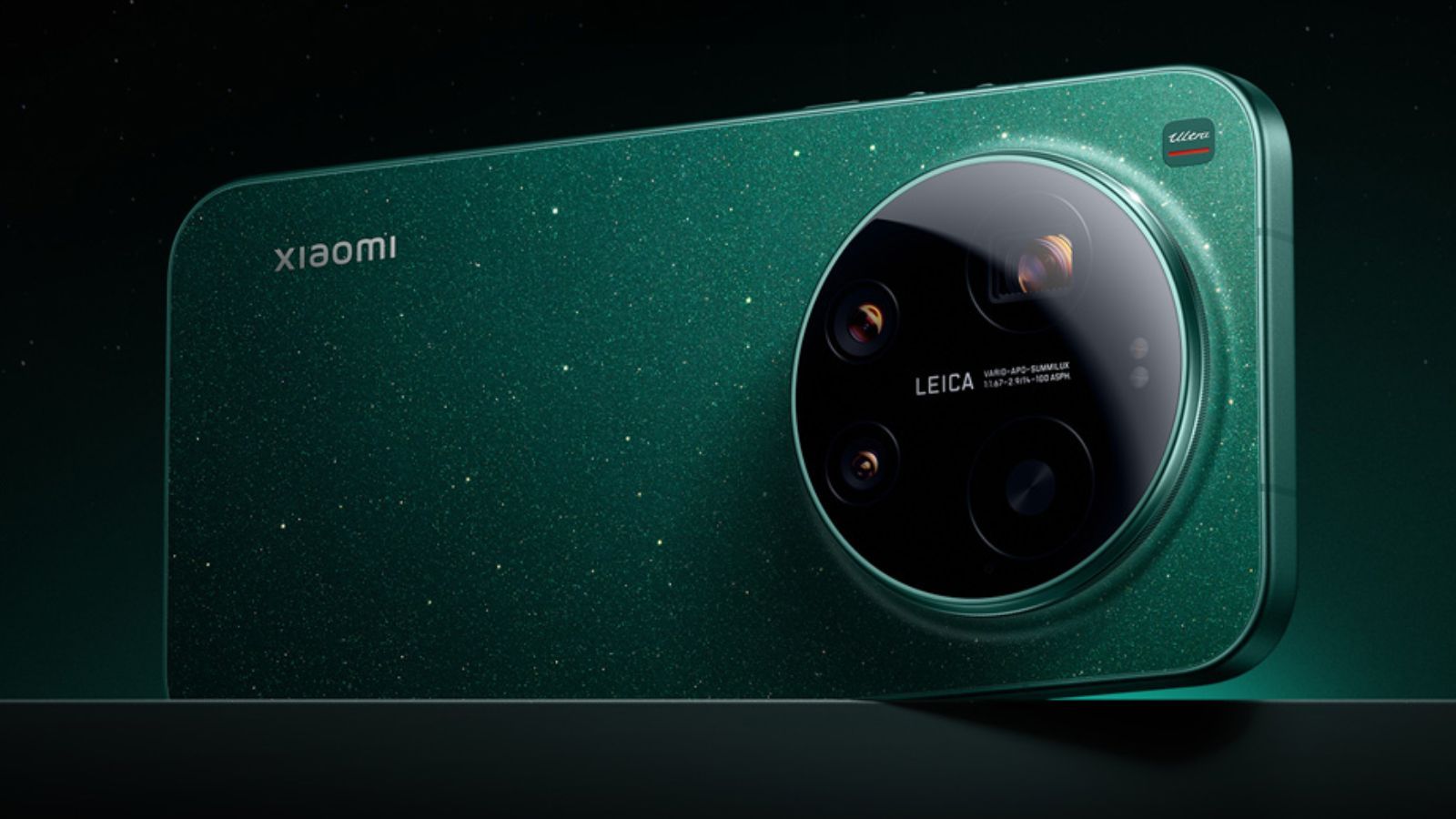
.jpg)
